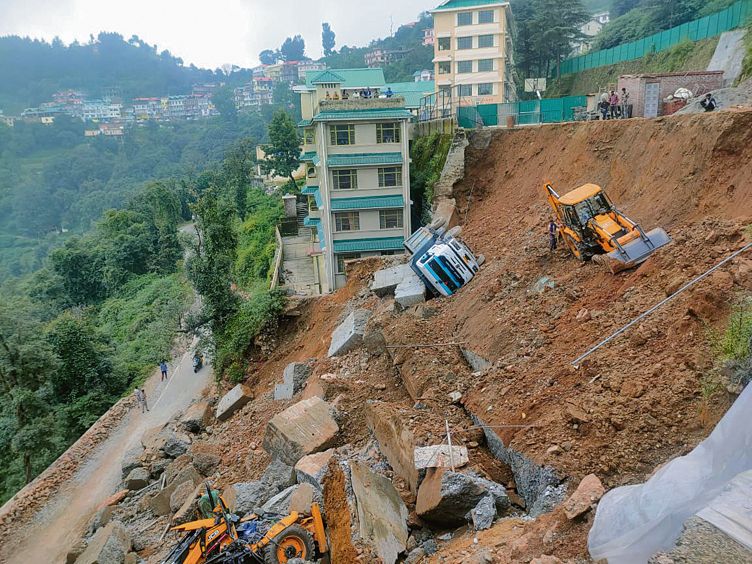An inventor, aspiring scientist, author, speaker, and an active promoter of STEM education around the world, Gitanjali Rao has been recognised as America’s top young scientist and is a recipient of a US Environmental Protection Agency Presidential Award for her invention of Tethys, which has ability to detect lead contamination in water
An Indian American teen, who invented problem-based learning to helps kids, gave a thought provoking lecture during Diaspora Diplomacy Speaker series, organised by the US Mission in India. Gitanjali Rao, 16, advocated for opportunities for research to students of all age groups suggesting that “research should not be limited to academia.
“To bring about a change in students there should be a strong support system, as innovation is not limited when it comes to research and academia,” said Gitanjali during the lecture series which was organized by the US Mission in a virtual mode.
‘Search on Positive Current’, a five-minute American Film Showcase documentary, shown during series, highlighted one of Gitanjali Rao’s inventions — a mobile device that detects lead contamination in water.
Asked, how students can bring a change in their respective eco-system community? And the young scientist quipped, “There is a common stereotype in every place when it comes to students pitching their ideas…to bring a change in students there should be a strong support system, as innovation is not limited when it comes to research and academia.”
An inventor, aspiring scientist, author, speaker, and an active promoter of STEM education around the world, Gitanjali Rao has been recognised as America’s top young scientist and is a recipient of a US Environmental Protection Agency Presidential Award for her invention of Tethys, which has ability to detect lead contamination in water. Her another invention, which is designed against anti-cyberbullying and named ‘Kindly’ is equipped with artificial intelligence (AI) and Natural Language processing, and has made a remarkable impact in educational institutions.
“There are so many things to research when it comes to science as it is growing now and then. When talking about my journey, I felt a bit of pressure during the initial stage that is when I came up with ideas,” said Gitanjali Rao.
“But when the media started getting involved I understood that what everyone is expecting from me is what I expect from myself. That is the time I felt pressured on fulfilling others’ expectations,” she added.
Asked, how students can bring a change in their respective eco-system community? And the young scientist quipped, “There is a common stereotype in every place when it comes to students pitching their ideas…to bring a change in students there should be a strong support system, as innovation is not limited when it comes to research and academia.”
************************************************************************
Readers











